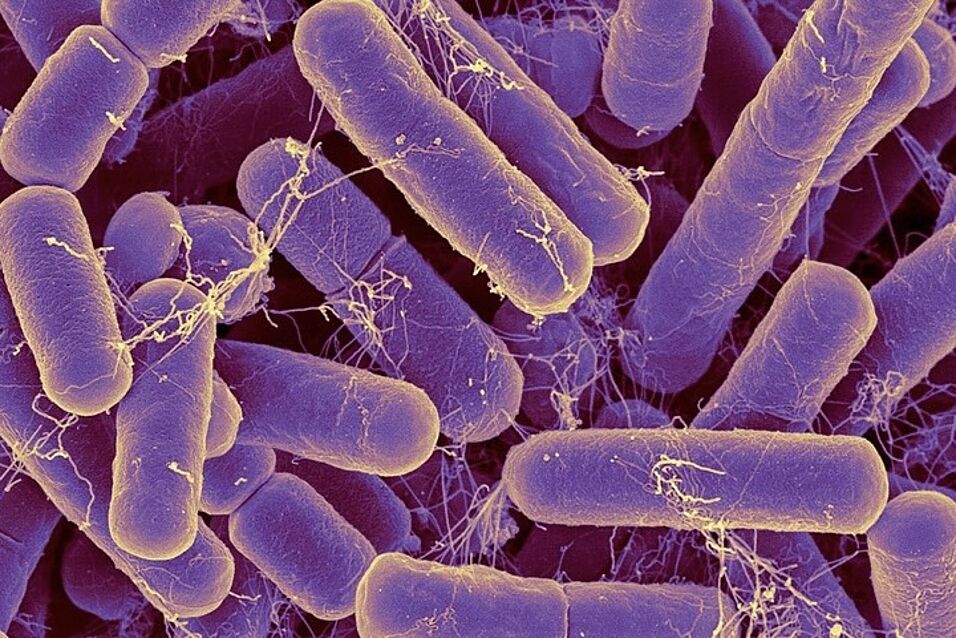This project explores how the assembly and interactions of the gut microbiota are affected by rapid evolution of microbial populations due to competition for niche space. Co-evolution can occur on ecologically meaningful time scales, and the resulting adaptation can fine-tune populations to their environment and to other populations. The resulting community is thus shaped by the interplay of ecological and evolutionary processes, which can affect community-level properties such as ecosystem productivity, stability, and invasibility by other microbes (pathogens or commensals).
This idea and specific questions related to it will be addressed using an experimental evolution approach that explores a key process in the gut: polysaccharide degradation by members of the genus Bacteroides. Fundamental questions will be addressed about adaptation, diversification, and community assembly under controlled environments with well-defined niche spaces. Results from model systems will be complemented by study of real gut microbial communities with stable isotope probing. These studies will provide a picture of the interplay of ecological and evolutionary processes in the gut microbiota and refine our conceptual understanding of how microbial communities assemble.
This project is funded by the Austrian Science Fund (FWF).
Investigated by:
- Berry D
- Pereira F
- Ivanovova N
- Zioutis C

